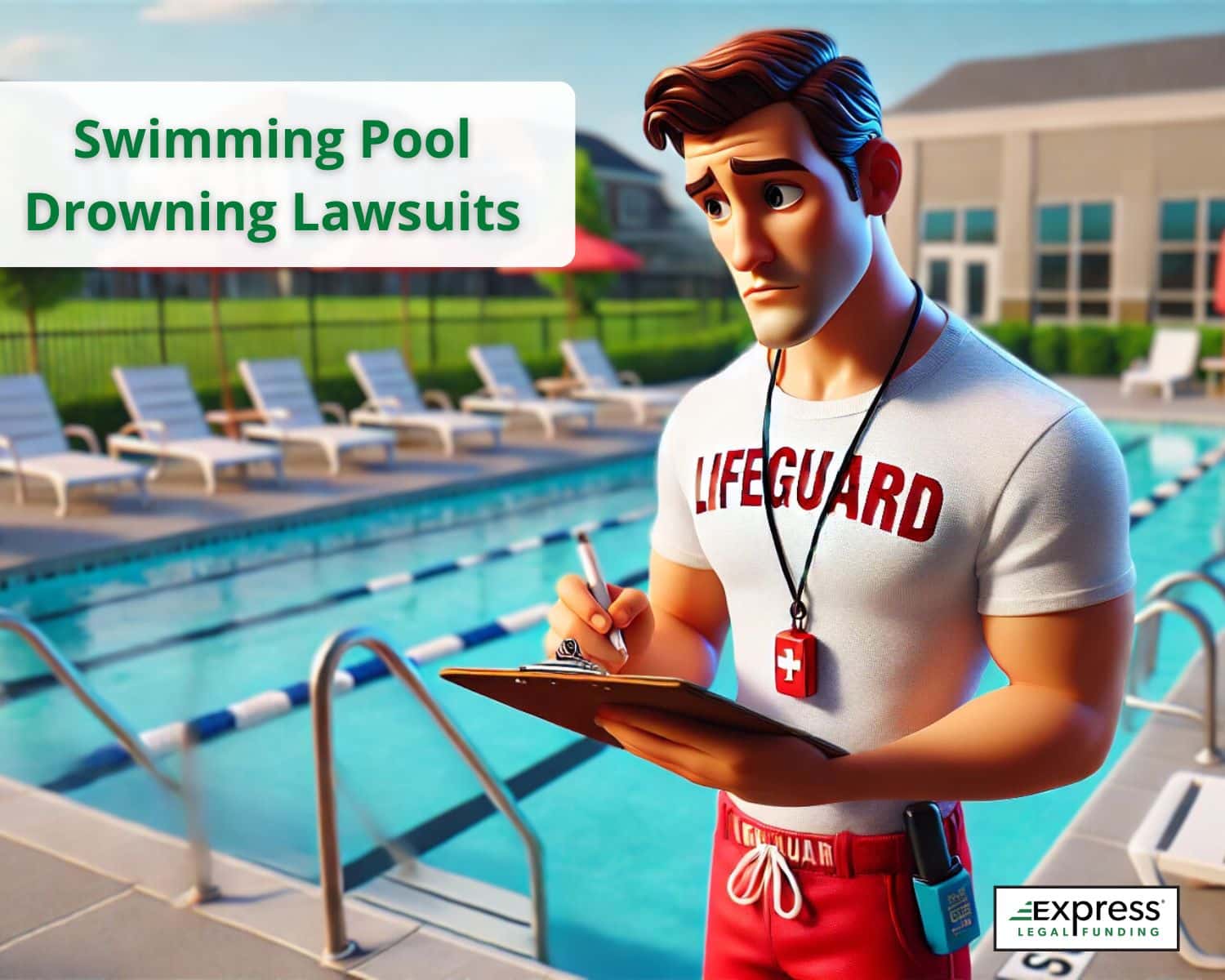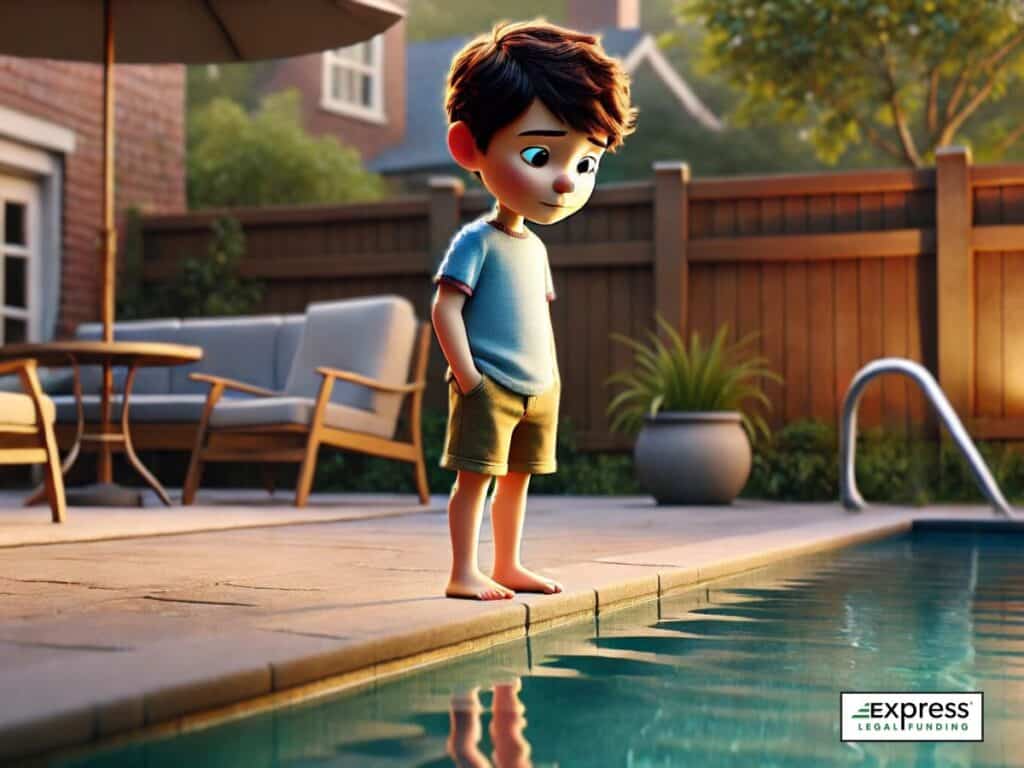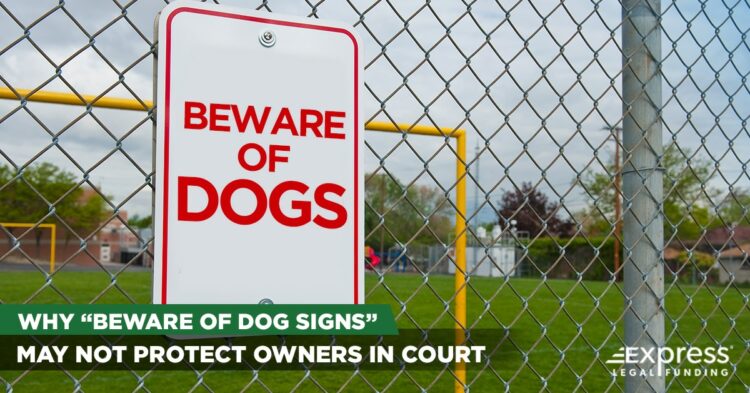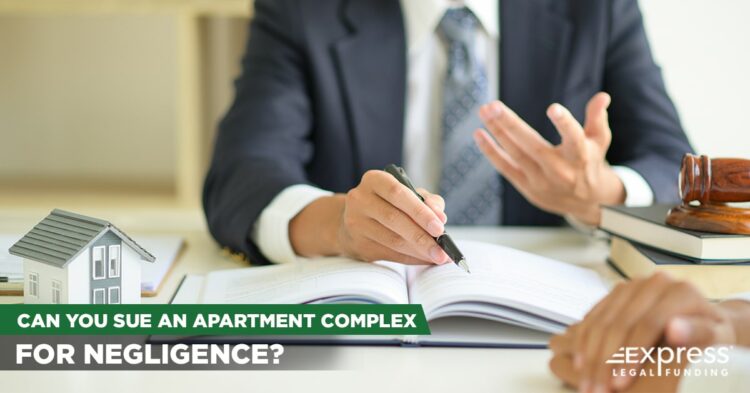
Swimming pool drownings are often preventable tragedies that leave families devastated and searching for answers. When a pool-related death occurs due to unsafe conditions or a lack of supervision, it raises a critical legal question:
Can you file a lawsuit for negligence after a swimming pool drowning?
In this comprehensive guide, we explore the legal basis for suing after a drowning incident, who can file a claim, and what’s required to prove negligence in a pool accident case.
In short: If your loved one drowned in a pool due to unsafe conditions or lack of supervision, you may be eligible to file a wrongful death lawsuit for negligence and hold the responsible party legally accountable.
Swimming Pool Drowning Accidents and Legal Accountability
Drowning is one of the leading causes of unintentional death, especially for young children. Property owners—including homeowners, hotels, landlords, apartment complexes, and municipalities—have a legal duty to maintain safe swimming conditions.
When that duty is breached, and someone drowns, surviving family members may have the right to sue for damages under wrongful death and premises liability laws.
To better understand how negligence may occur in drowning cases, it helps to look at the most common causes of swimming pool fatalities.
Common Causes of Swimming Pool Drownings

Swimming pool drowning accidents are often preventable and frequently linked to negligence. Some of the most common contributing factors include:
- Inadequate Fencing: Missing or ineffective barriers allow unsupervised access to pools, especially for children.
- Lack of Supervision: Drownings often occur when lifeguards are absent or inattentive or when children are left alone near water.
- Poor Pool Maintenance: Broken ladders, faulty drains, and slippery surfaces can cause accidents that lead to drowning.
- Obstructed Water Visibility: Murky or poorly lit water can delay rescue efforts when someone is in distress.
According to safety experts, many pool drowning incidents could be prevented with proper supervision, fencing, and regular maintenance—factors that may form the basis of a wrongful death claim when neglected.
Understanding Swimming Pool Negligence
Negligence occurs when a person or entity fails to act with reasonable care, resulting in harm or death. In the context of swimming pools, this often includes:
- Poor Maintenance: Broken ladders, defective pool drains, or slippery decking.
- Inadequate Supervision: No lifeguard on duty or failure to monitor swimmers.
- Lack of Safety Equipment: Missing flotation devices, fences, or pool covers.
- Violations of Safety Laws: Non-compliance with state or local pool regulations.
If a property owner or manager failed to take reasonable steps to prevent a drowning, they may be held legally responsible.
The Attractive Nuisance Doctrine and Child Pool Drownings
Swimming pools are considered legally dangerous and highly attractive to children—who may not recognize the risks. That’s why many states apply the Attractive Nuisance Doctrine to hold property owners liable when a child trespasses and drowns.

Under this doctrine, a property owner may be responsible for a drowning death if:
- The property contains a hazardous condition that is likely to attract children (like a pool).
- The child was unable to appreciate the danger.
- The owner failed to take reasonable steps to secure the area—such as installing a fence, locked gate, or alarm system.
Even if the child entered the pool area without permission, the law may still allow the family to pursue a wrongful death lawsuit. This doctrine most commonly applies to backyard pools, apartment complexes, or unsecured community areas.
Is a Drowning Considered Wrongful Death?
Yes. If a drowning occurs due to another party’s negligence or misconduct, it often qualifies as a wrongful death under civil law.
Examples of wrongful death due to pool-related negligence include:
- A child drowns in an unfenced backyard pool.
- A swimmer is trapped under a pool cover without supervision.
- A person slips on unmaintained decking and is rendered unconscious in the water.
These cases allow eligible family members to sue for damages tied to the preventable death.
Who Can File a Wrongful Death Lawsuit?

Wrongful death eligibility varies by state, but common parties who may file include:
- Spouses: Usually have the strongest legal standing.
- Parents of Minor Children: Can sue for the loss of a child.
- Children of Deceased Parents: Especially if financially dependent.
Some states allow additional parties, such as adult siblings or domestic partners, to sue—especially if they were financially or emotionally dependent on the deceased. A wrongful death attorney can explain your specific eligibility.
What Must Be Proven to Sue for Pool Drowning Negligence?
To succeed in a negligence-based drowning lawsuit, the following elements must be established:
- Duty of Care: The property owner had a legal obligation to ensure swimmer safety.
- Breach of Duty: That duty was violated (e.g., broken gate, no lifeguard).
- Causation: The breach directly led to the drowning.
- Damages: The family suffered measurable losses due to the death.
These elements fall under premises liability law, which holds property owners responsible for unsafe conditions—whether in private homes, hotels, apartment complexes, or public pools.
Examples of Negligence in Real-Life Pool Drowning Cases
A tragic real-world example is the 2019 drowning of Nabila Maazouz, a 14-year-old Oregon student who died during swim practice. The pool was covered while swimmers were still in the water, and Maazouz was unable to escape. She wasn’t found until hours later. The court found the school negligent for allowing an unsafe practice routine and failing to supervise.
Other hypothetical examples include:
- A cracked pool ladder causes a swimmer to fall and lose consciousness.
- A public pool lacks a lifeguard and warning signs about deep water.
- A hotel fails to install a legally required safety fence around a pool area.
In each case, thorough documentation—like photos, maintenance records, or eyewitness accounts—is vital to prove negligence.
Steps to Take Following a Swimming Pool Drowning Accident
If your loved one has drowned in a swimming pool, it’s important to act quickly and preserve as much evidence as possible. These steps can help protect your rights and build a strong wrongful death case:
- Call 911 Immediately: Ensure emergency services respond and that a police report is filed.
- Document the Scene: Take photos or video of the pool area, fences, gates, safety signs, and any hazards (like broken equipment or cloudy water).
- Preserve Evidence: Don’t let the property owner clean or repair the area until after it’s been documented.
- Gather Witness Information: Get names and contact details of anyone who saw the incident or arrived soon after.
- Request Records: Ask for any incident reports from pool staff, property managers, or first responders.
- Avoid Making Statements: Refrain from signing anything or discussing liability with the property owner or their insurer.
- Consult a Wrongful Death Attorney: Legal counsel can help you determine whether negligence occurred and what steps to take next.
How to Retain a Wrongful Death Attorney for a Drowning Case

Hiring a skilled wrongful death attorney is essential. These cases can be legally complex and emotionally draining.
When meeting with your attorney, bring:
- The victim’s death certificate
- Medical or autopsy records
- Maintenance logs or pool inspection reports
- Photos or video evidence
- Witness statements
Most wrongful death lawyers work on a contingency fee basis, meaning you don’t pay unless they win your case. They will guide you through the legal process and help determine if negligence can be established. If finances are tight while your case is pending, you may also consider pre-settlement funding.
What Damages Can Be Recovered in a Pool Drowning Lawsuit?
Damages in drowning lawsuits typically fall into two categories:
Economic Damages:
- Funeral and burial expenses
- Medical bills incurred before death
- Loss of financial support (if the victim was a provider)
Non-Economic Damages:
- Pain and suffering
- Loss of companionship
- Emotional trauma
- Loss of parental guidance or spousal care
In some states, courts may also award punitive damages if the negligence was especially egregious.
Filing a Lawsuit vs. Reaching a Settlement
Most wrongful death cases settle before reaching trial. Pool owners, hotels, or municipalities often prefer to settle rather than risk a court judgment.
Still, negotiating a fair settlement can be challenging. Your attorney will evaluate the strength of your case and negotiate on your behalf to ensure the compensation reflects your loss.
How Long Do You Have to File a Pool Drowning Wrongful Death Claim?
Each state has a legal deadline—called the statute of limitations—that limits how long you have to file a wrongful death lawsuit. In most cases, this time frame is between one and three years from the date of the drowning.
Failing to file your claim before the deadline could permanently bar you from recovering compensation, no matter how clear the negligence.
The specific rules depend on your state, and some exceptions may apply—such as when the victim is a child or when the liable party is a government agency. That’s why it’s critical to speak with a wrongful death attorney as soon as possible to protect your legal rights.
Next Steps: What to Do If a Loved One Drowned in a Pool
If you’re facing this heartbreaking situation, take these steps immediately:
- Document the pool area and take photographs
- Preserve all physical evidence (e.g., broken equipment)
- Collect names and contact info for any witnesses
- Request copies of any incident or police reports
- Contact a wrongful death attorney for a free consultation
If you’re struggling financially during the legal process, you may qualify for lawsuit funding.
How Express Legal Funding Can Help
At Express Legal Funding, we help families affected by tragedy bridge the financial gap while waiting for justice. Our pre-settlement cash advances are risk-free—meaning you only pay us back if you win your case.
Whether you’re pursuing a swimming pool drowning lawsuit or another type of wrongful death claim, we’re here to support you.
🟢 Apply today for pre-settlement funding and ease your financial burden during this difficult time.
Pool Drowning Wrongful Death Lawsuit FAQs
Can I sue if my child drowned in someone else’s pool?
Yes, you can sue if your child drowned due to the property owner’s negligence, such as lack of fencing, supervision, or safety barriers. The Attractive Nuisance Doctrine may apply, even if the child entered the pool without permission.
What is the Attractive Nuisance Doctrine?
The Attractive Nuisance Doctrine is a legal rule that holds property owners liable when children are injured by dangerous conditions—like swimming pools—that are likely to attract them. Owners must take reasonable steps to secure these hazards.
Who can file a wrongful death lawsuit for a drowning?
Typically, the victim’s spouse, parents, or children can file a wrongful death lawsuit. Some states also allow other dependents, legal guardians, or estate representatives to bring a claim.
What do I need to prove in a pool drowning negligence case?
To win a pool drowning negligence case, you must prove:
- The owner owed a duty of care
- They breached that duty
- The breach caused the drowning
- The family suffered damages
What damages can be recovered in a pool drowning lawsuit?
Recoverable damages in a pool drowning lawsuit may include funeral expenses, medical bills, lost income, pain and suffering, emotional distress, and loss of companionship. Some states allow punitive damages if the negligence is extreme.
Do drowning lawsuits usually go to trial?
No. Most pool drowning lawsuits settle out of court. However, if parties can’t agree on fair compensation, the case may go to trial to determine negligence and liability.
How long do I have to file a drowning-related wrongful death claim?
The statute of limitations for a drowning-related wrongful death lawsuit varies by state—typically between 1 to 3 years. Act quickly and consult a wrongful death attorney to protect your rights.
Can I get financial help while my case is pending?
Yes. Pre-settlement funding from companies like Express Legal Funding can provide cash advances to help cover rent, bills, and daily expenses while your drowning lawsuit is ongoing.



